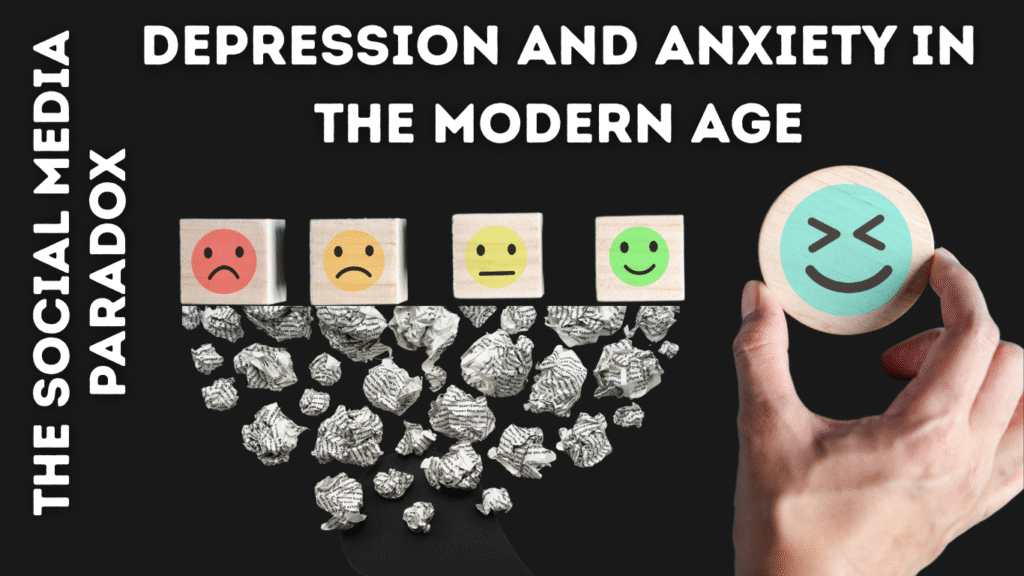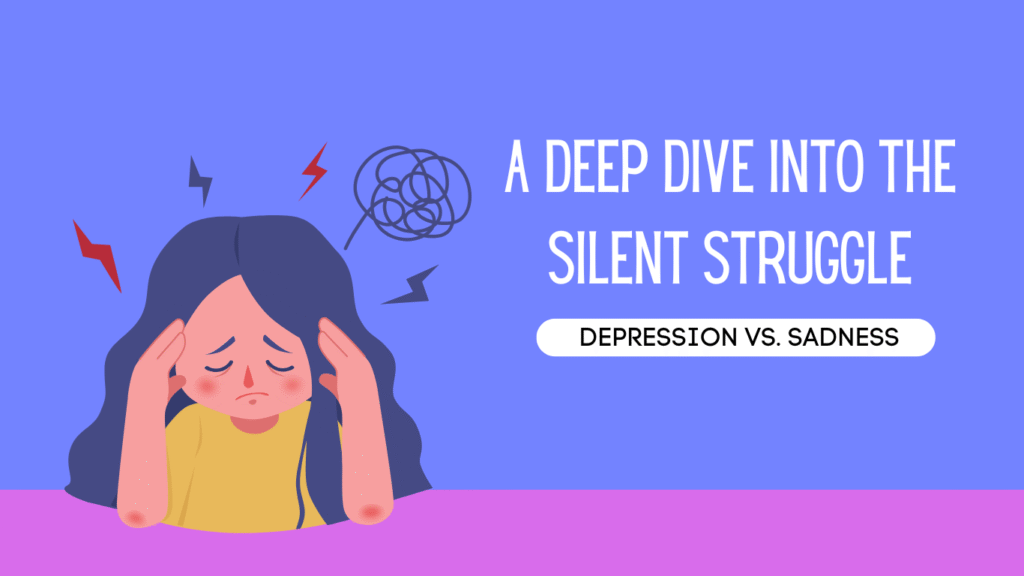Introduction
Ever felt goosebumps while listening to a song? Or had a tear roll down your cheek because of a melody? Music isn’t just sound — it’s emotion in motion. The way music and emotions interact in our brains is nothing short of magical. So, let’s uncover the science behind how music affects the brain and emotions, and how you can use this connection to improve your well-being.
The Deep Connection Between Music and Emotions
Music as a Universal Language
Music speaks to everyone — no translator needed. Across cultures, people respond emotionally to melody, rhythm, and tone, showing just how connected music and emotion are.
Emotional Triggers in Sound
Certain sounds spark emotional responses. A minor chord can make us melancholic, while an upbeat tempo energizes us. It’s no accident — our brains are wired to feel music.
How Does Music Affect the Brain and Emotions?
The Brain’s Response to Music
When you listen to music, multiple areas of your brain light up — the auditory cortex, amygdala (emotion center), hippocampus (memory), and even the motor cortex. That’s why you sometimes move when the beat hits.
Neurotransmitters and Mood Regulation
Music triggers the release of dopamine, serotonin, and oxytocin — the brain chemicals behind pleasure, mood, and connection. That’s how music affects mood and emotions directly.
How Music Affects Your Mood and Emotions
Uplifting Tunes and Happiness
Happy songs = happy brain. Fast tempo, major key, catchy lyrics — they boost dopamine levels, elevate mood, and help reduce stress.
Sad and Emotional Music
You’d think sad songs would make you feel worse, right? But strangely, they often feel comforting. Sad and emotional music allows us to process feelings we struggle to express in words.
How Are Music and Emotions Connected?
Memory and Music
Ever hear a song that instantly took you back to a specific moment? That’s your hippocampus linking sound with memory — showing how deeply music and emotions are woven into our personal stories.
Emotional Recall through Sound
Certain melodies can stir joy, grief, or nostalgia. These emotional flashbacks are powerful reminders of how music taps into our emotional archives.
The Psychology Behind Music and Emotion
Psychologists suggest that how music affects your emotions depends on past experiences, cultural background, and personality. A lullaby may relax one person and trigger sadness in another.
Effects of Music on the Brain
Brain Plasticity
Music, especially when learned or played, strengthens brain connections and improves cognitive function.
Focus and Productivity
Background music (like classical or lo-fi) enhances concentration, helping students and professionals stay focused.
Music Therapy Benefits
Used in therapy, music reduces anxiety, improves memory in Alzheimer’s patients, and helps trauma victims express themselves.
Musical Keys and Emotions
How Music Keys and Emotions Interact
Music keys and emotions are deeply tied. Each key has a signature mood — known and used by composers for centuries.
Major vs. Minor Keys: What’s the Difference?
Major keys = happy, bright, uplifting
Minor keys = sad, introspective, deep
This is why musical keys and emotions often predict how a listener will feel during a piece.
The Role of Tempo and Rhythm
Fast beats = excitement, energy, even anxiety
Slow rhythms = calm, sadness, reflection
Your heartbeat can literally sync with a song’s tempo, which is why rhythm is a powerful emotional tool.
How Does Music Affect Your Brain?
Long-term Brain Health
Learning or even just listening to music helps in preserving memory, improving coordination, and delaying cognitive decline in aging adults.
Dopamine and Reward System
The brain’s pleasure center lights up when you hear music you enjoy. That “chill” feeling? That’s a dopamine flood in real time.
Cultural and Personal Differences
What’s joyful in one culture might be solemn in another. Your background shapes your emotional response to music — another reason why how music affects people varies.
How Does Music Affect People Differently?
Factors like personality, emotional sensitivity, and personal associations change the way we respond. Some cry at orchestras; others feel nothing. And that’s perfectly normal.
Sad and Emotional Music: Why We Love It
It sounds strange, but many people enjoy being sad on purpose. Emotional music creates a safe space to feel — it validates our inner experience and helps us heal.
Music as a Healing Tool
Hospitals, mental health centers, and therapists use music to support healing. From reducing pain to treating PTSD, music is medicine for the mind.
Tips to Use Music for Emotional Wellness
Create playlists for specific moods (calm, energize, reflect)
Experiment with keys and genres to find what resonates
Journal after listening to process emotions
Play an instrument or sing to release blocked feelings
Use music for meditation or mindfulness practices
Conclusion
So, how does music affect the brain and emotions? The answer is beautifully complex. It taps into your memory, influences your mood, and even rewires your brain. Whether it’s sad and emotional music that helps you cry or an upbeat track that lifts your spirits, music and emotions are forever linked. Use music intentionally — as a companion, a comforter, a motivator — and watch how your mental state transforms.
FAQs
1. How does music affect your mood and emotions daily?
Music can elevate or lower your mood within minutes. It’s a fast-acting emotional regulator that syncs with your current state.
2. How are music and emotions connected scientifically?
Music activates the brain’s emotional centers — like the amygdala and hippocampus — creating strong emotional reactions.
3. What are the effects of music on the brain long-term?
It boosts memory, brain plasticity, emotional intelligence, and may slow down cognitive aging.
4. How do musical keys and emotions work?
Major keys often feel bright and happy, while minor keys sound sad or introspective. These patterns evoke emotional responses.
5. How does music affect people during stress?
Calm music reduces cortisol (stress hormone), lowers heart rate, and brings a sense of peace during anxious times.


